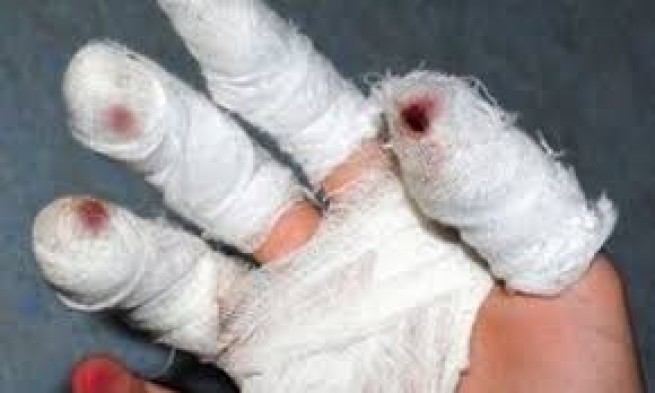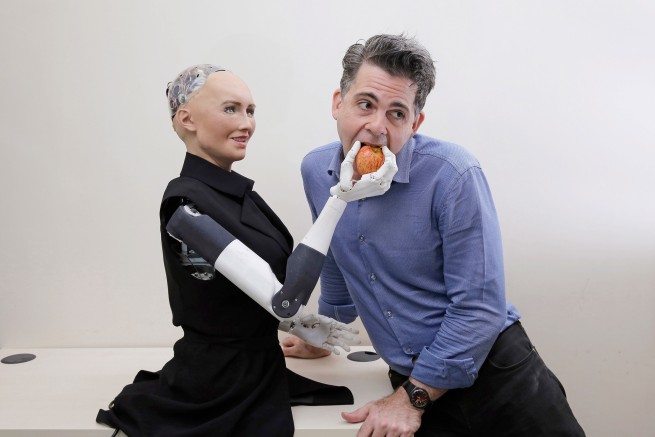Even if you don’t have a history of high cholesterol, it’s a good idea to get tested to check your LDL and HDL levels at least every 5 years (or more often, depending on your medical history).
However, as reported by Healthstat.gr, there are certain symptoms that may indicate high cholesterol and thus should prompt you to immediately consult a doctor and undergo the necessary tests.
Yellow “grains” around the eyelids
These are known as xanthelasmas. This may be a key sign of hypercholesterolemia. Dr Khalid explained: “This occurs when the body collects excess cholesterol around the eyes. You may notice flat, slightly raised yellowish growths around your eyes, and these deposits are not typically harmful, painful, itchy or anything like that, but may indicate uncontrolled high cholesterol, diabetes, or other health problems.” .
Yellow, reddish “moles” (angiomas, hemangiomas)
If you notice yellow, reddish raised moles all over your body, these may indicate signs of an underlying metabolic disease. “One of the main causes of this condition is high triglyceride levels. Triglycerides are related to cholesterol,” Dr. Khalid said. “They can appear almost anywhere. On the legs, arms or somewhere else,” he added.
Corneal arch
This is the name for the white gray ring that can form around the cornea of the eye. Dr Khalid continued: “This may be due to high levels of fat in the blood. It may also be associated with other conditions such as high blood pressure and atherosclerosis. A corneal arcus does not usually cause vision problems, but it usually does not go away on its own. It is more common in people over 80.”
Bumps around knees, knuckles, or elbows
“These physical signs occur when excess cholesterol accumulates in different parts of the body,” Dr. Khalid explained. It is more common in people with familial hypercholesterolemia, meaning they have inherited high cholesterol rather than developing it through lifestyle. About one in 250 people has familial hypercholesterolemia.
If you notice any of these signs or are concerned about your cholesterol levels, you should talk to your doctor.







More Stories
How to cleanse your body in a few hours
Is breast cancer associated with eating red meat?
Easter: what to pay attention to during the festive feast